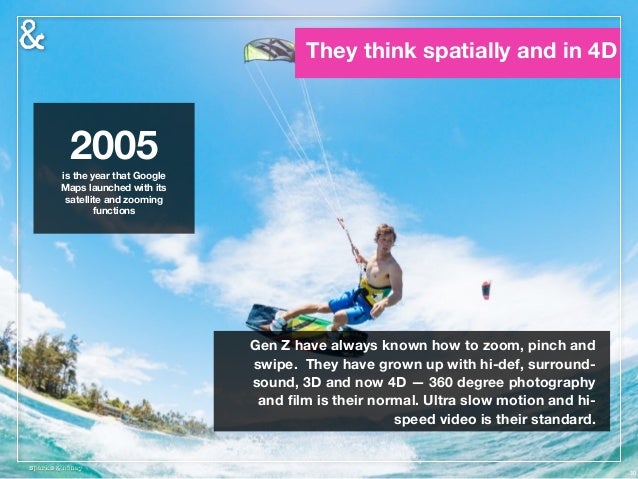Google drive for interactive presentations
An Excellent Google Drive Tool for Creating Interactive Presentations
http://www.educatorstechnology.com/2015/04/create-interactive-presentations-on-google-drive.html
Digital Literacy for St. Cloud State University
http://www.educatorstechnology.com/2015/04/create-interactive-presentations-on-google-drive.html
Webinar on April 17,
as well as a link to it on the Innovative Educators Website.
http://www.innovativeeducators.org//v/vspfiles/IEfiles/4_17_FY_Students_and_Libraries.pdf
Creating a Library App: Things to Know Before You Go Mobile
Tuesday, April 28, 2015 11AM-12PM PDT
Registration link: http://www.cla-net.org/?861
Mobile apps are a popular topic in libraries. But what does it take to create one and what kind of programming can you do with apps? Is an app the right solution, or should you create a responsive website? What is the process like, and what resources are needed? How do you manage privacy, security, and legal concerns? Who do you need to get the job done, and what skills should they have?
These are all important questions that should be asked (and answered) before you think about creating a mobile app. Learn from expert panelists from libraries and nonprofits who have created, developed, and managed mobile apps for their organizations. Panelists will share practical advice and information based on experience, as well as helpful tools and resources.
Participants will learn:
About the Presenters
http://edtechreview.in/news/1735-plagiarism-in-college-how-to-avoid-the-trap

library approach to information literacy. or WHAT IS information literacy?
is it the 90-ish notion of standing up in front of bored class and lecturing them how important is to use the online databases, which the university subscribe for
52% of teens use YouTube or other Social Media sites for a typical research assignment in school:
slide 29 out of 56:
Infographic from:
Should information literacy be about digital literacy? Geo-spatial knowledge?

Should information literacy include videos? Games?
Should information literacy be multiliteracy? Transliteracy?
https://blog.stcloudstate.edu/ims/2014/11/27/scholarly-communication-and-information-literacy/
This is what Gen Z will expect from information literacy in particular, from library and education in general:
https://www.youtube.com/watch?feature=player_detailpage&v=h11u3vtcpaY#t=314
“Academic libraries are concerned about the digital literacy of their users but their programs continue to be focused on the information components defined by the President’s Commission on Information Literacy.” (p. 45)
Cordell, R. (2013). Library Instruction in the 21st Century. In: Rosanne, M (Ed.) Library Reference Services and Information Literacy: Models for Academic Institutions: Models for Academic Institutions. IGI Global.
More on digital literacy in this blog:
https://blog.stcloudstate.edu/ims/?s=library+digital+literacy
http://www.researchandmarkets.com/publication/mq2u7gc/library_use_of_ebooks_2013_edition
The study also covers: use of eBooks for course reserves, eBook issues in interlibrary loan, and the emergence of dedicated endowments for eBook purchases. The study also covers the types of eBook models preferred by libraries of different types, and how librarians view likely developments in the eBook industry.
Explore social media sites to find out what is the most pertinent “talk” in your scientific community. What are the latest trends and discussions, topics of research and interests. Most prominent social media sites, such as
LinkedIn, https://www.linkedin.com/
Twitter, https://twitter.com/
Facebook, https://www.facebook.com/
Pinterest https://www.pinterest.com/
Instagram, http://instagram.com/
use hashtags.
LinkedIn has “professional groups.”
Identify your hashtag strategy similarly to your keyword strategy when searching peer-reviewed articles
E.g., if your interest is #principalship, you can seek channels and conversations by using it as a hashtag
Search and subscribe to LinkedIn “Interests/Groups” and lurk or actively participate in the conversations.
Consider start and maintenance of your own blog with your daily reflections on your research progress
E.g., LinkedIn can be very much used as a blog, although you can subscribe for a free one such as Edublog
p. 141. Chapter 8 “Using Social Media in Research.”
Bell, J. (1999). Doing your research project: A guide for first-time researchers in education and social science (3rd ed.). Buckingham [England] ; Philadelphia: Open University Press. (Available on Google and at SCSU Library through ILL)
Crowdsourcing, social networking. Consider the following questions:
the value of social media: Community, Content, Conversations.
Davis III, C.H.F., Deil-Amen, R., Rios-Aguilar, C., & González Canché, M.S. Social media and higher education: A literature review and research directions. Report printed by the University of Arizona and Claremont Graduate University. Accessed January 27, 2015 http://works.bepress.com/hfdavis/2/
http://www.edudemic.com/instagrok-an-education-search-engine-for-students
instaGrok is a next-generation research engine intended for academic settings to allow students to research any subject and see results in an interactive concept map, or “grok.” The grok features key facts, concepts and their relationships, images, videos, quizzes, and a glossary. Students can pin the information that they want to use to their grok and keep a bibliography or research notes in an integrated journal.
What makes instaGrok indispensable to teachers is its ability to facilitate self-directed learning of several critical skills, including researching and integrating discrete concepts.
My note: App for Android and iOS tablets is NOT available for smartphones and iTouch
My note: it takes a village to raise a kid. It does not matter if it is public library, or pre-school kids or students; it matter that the library does not “serve,” but takes to the heart their education. The academic library must go beyond “assisting,” and get engaged as deep as possible with the students’ assignments.